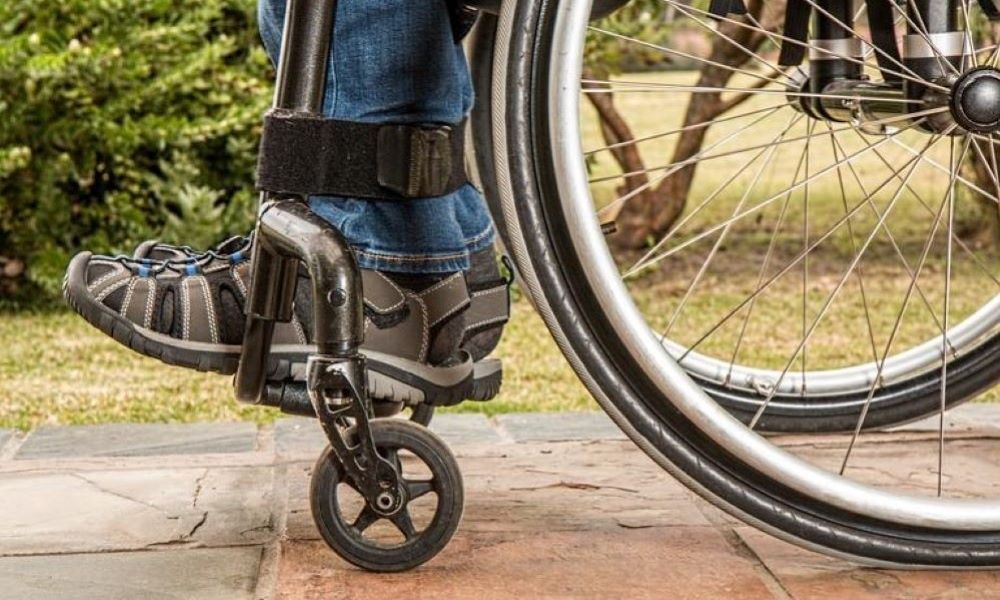Soni Satti
The Supreme Court in a landmark decision ruled that the testimony of a prosecutor with a disability or a disabled witness cannot be deemed weak or weaker simply because they engage with the environment differently than their able-bodied peers (Patan Jamal Vali v. State of Andhra Pradesh).
While the amendments to the legislation on the books are a major move forward, the Bench stated that furthermore remains to be done to ensure that the benefits of the changes are appreciated by those who benefited from them.
The Bench further issued certain guidelines and stated,
“Disability must be one of the variables based on which such data must be maintained so that the scale of the problem can be mapped out and tailored remedial action can be taken,’’
In consideration of the disabled person’s agency, the Bench recommended that training stress the importance of interacting directly with the disabled person, rather than their caretaker or helper.
The Supreme Court has asked the National Judicial Academy and state judicial academies to educate trial and appellate judges about how to handle litigation involving sexual assault survivors.
A Bench comprising of Justices D Y Chandrachud and M R Shah was considering an appeal filed by the single accused who was tried for committing rape on the victim women, who is about 20 years old and blind by birth, on 31.03.2011 at about 9:30 AM in her home, under Section 376(1) of the IPC and Section 3(2)(v) of the Scheduled Castes and Scheduled Tribes (Prevention of Atrocities) Act.
The accused’s conviction on these charges by the Trial Court was upheld by the High Court. The Court stated, ‘‘Legal personhood of persons with disabilities cannot be premised on societal stereotypes of their supposed inferiority,’’
The Court observed that the defence attempted to put doubt on the prosecutrix’s testimony by claiming that due to her condition, she may have been unable to recognise the accused.
The Court stated in Mange v. State of Haryana [AIR 1979 SC 1194] that there have been cases where a disabled prosecutrix’s evidence has not been taken seriously or handled on an equal basis with that of their able-bodied counterparts.
The Court eventually overturned the accused’s conviction under Section 3(2)(v) of the SC and ST Act but upheld his conviction and life imprisonment under Section 376 of the Indian Penal Code.

